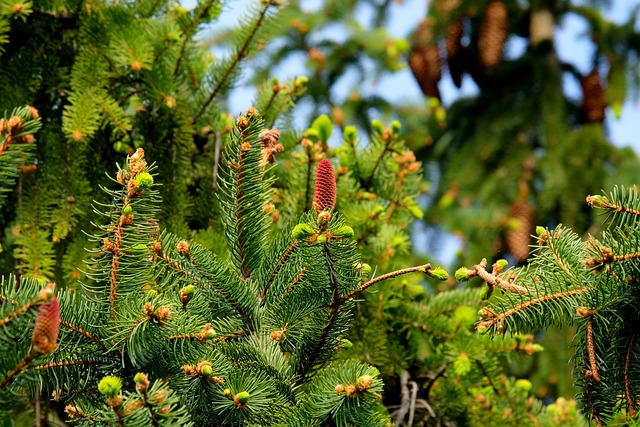Urban Oasis: Navigating the Impact of Climate Change on City Gardens
City gardens have long been cherished as tranquil refuges amidst the hustle and bustle of urban life. These green pockets offer not only beauty and relaxation but also vital benefits like improved air quality and a habitat for urban wildlife. However, the growing effects of climate change on urban gardens are becoming increasingly apparent, challenging gardeners and city planners alike to rethink how these precious spaces are nurtured and preserved.
One of the most immediate challenges is the shift in weather patterns. Unpredictable rainfall, prolonged droughts, and rising temperatures place stress on traditional garden plants, some of which may no longer thrive in urban environments. Gardeners are noticing that the familiar blooms and foliage they once counted on are becoming harder to maintain, demanding more water and care than before.
Moreover, urban heat islands—areas where cities become significantly warmer than surrounding rural areas—intensify these effects. The concrete, asphalt, and buildings absorb and re-radiate heat, creating microclimates that exacerbate water loss and heat stress in plants. Consequently, city gardens often require innovative solutions to combat these conditions, such as selecting drought-resistant or heat-tolerant plant varieties and incorporating shade structures.
Another subtle change is the alteration of growing seasons. Warmer temperatures can lead to earlier blooming periods for some plants, but can also disrupt pollinator cycles and other beneficial ecological relationships that gardens rely on. For the urban gardener who finds joy in seasonal rhythms, these changes may feel unsettling and require adjustments in planting schedules and garden care.
Despite these challenges, the resilience of urban gardens shines through. Many gardeners are turning to sustainable practices like rainwater harvesting, mulching to retain moisture, and building soil health through organic composting. Community gardens are becoming hubs for sharing knowledge on adapting to climate stress, fostering a collective spirit in the face of global change.
The effects of climate change on urban gardens invite us to become more attentive stewards of our green spaces, blending traditional gardening wisdom with innovative approaches. By embracing adaptive techniques and planting with climate resilience in mind, city gardens can continue to be vibrant urban oases that nurture both nature and community spirit.




